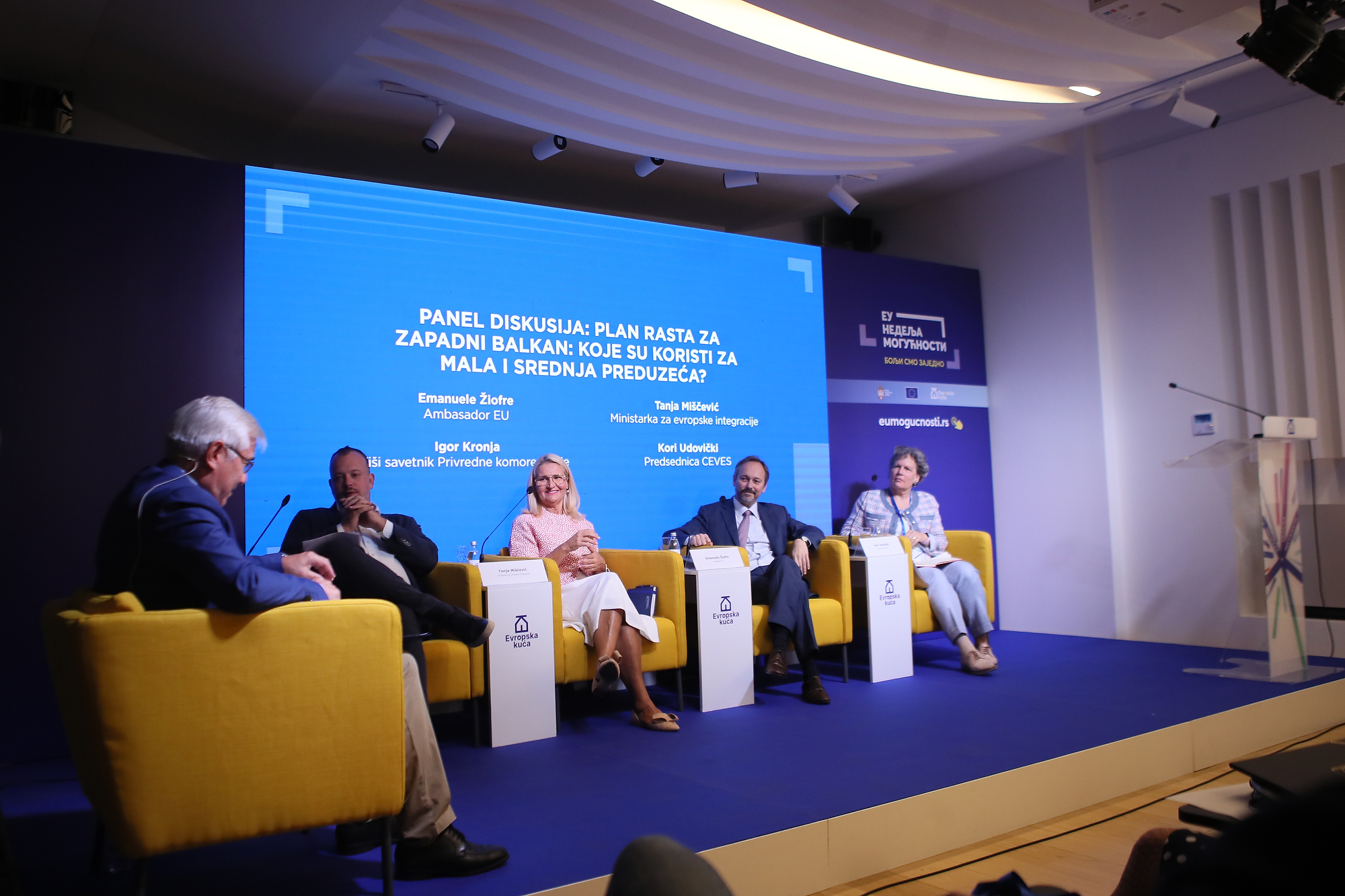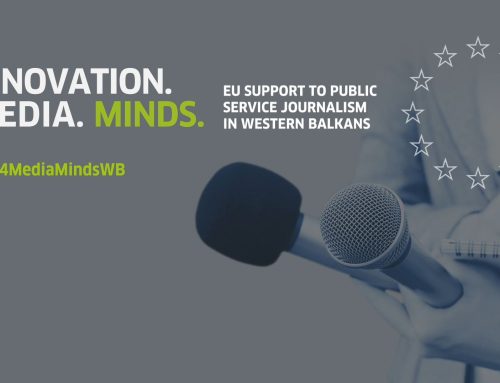Growth plan for the Western Balkans: what are the benefits for SMEs? is the main topic of the panel, at the start of the European Opportunity Week in Belgrade. Emanuele Giaufret – the EU Ambassador to Serbia, Tanja Miščević – Minister for European Integration, Igor Kronja – Senior Advisor of the Serbian Chamber of Commerce, and Kori Udovicki – President of CEVES (Centre for Advanced Economic Studies) spoke about this important topic for the European integration of Serbia.
The growth plan is an instrument that includes EUR 6 billion for the Western Balkan countries, of which EUR 1.5 billion is allocated for Serbia, and it is an addition to all other support and financing tools provided by the EU to Serbia.
The main message is – the Growth Plan offers specific benefits for companies and citizens of Serbia, designed so that citizens feel the benefits of EU membership even before Serbia’s accession into the EU, and all the opportunities – funds, programs, as well as the Growth Plan itself – that the EU offers to Serbia, exist because the EU sees Serbia as its future member. The success of Serbia is the success of the European Union, says Ambassador Giaufret.
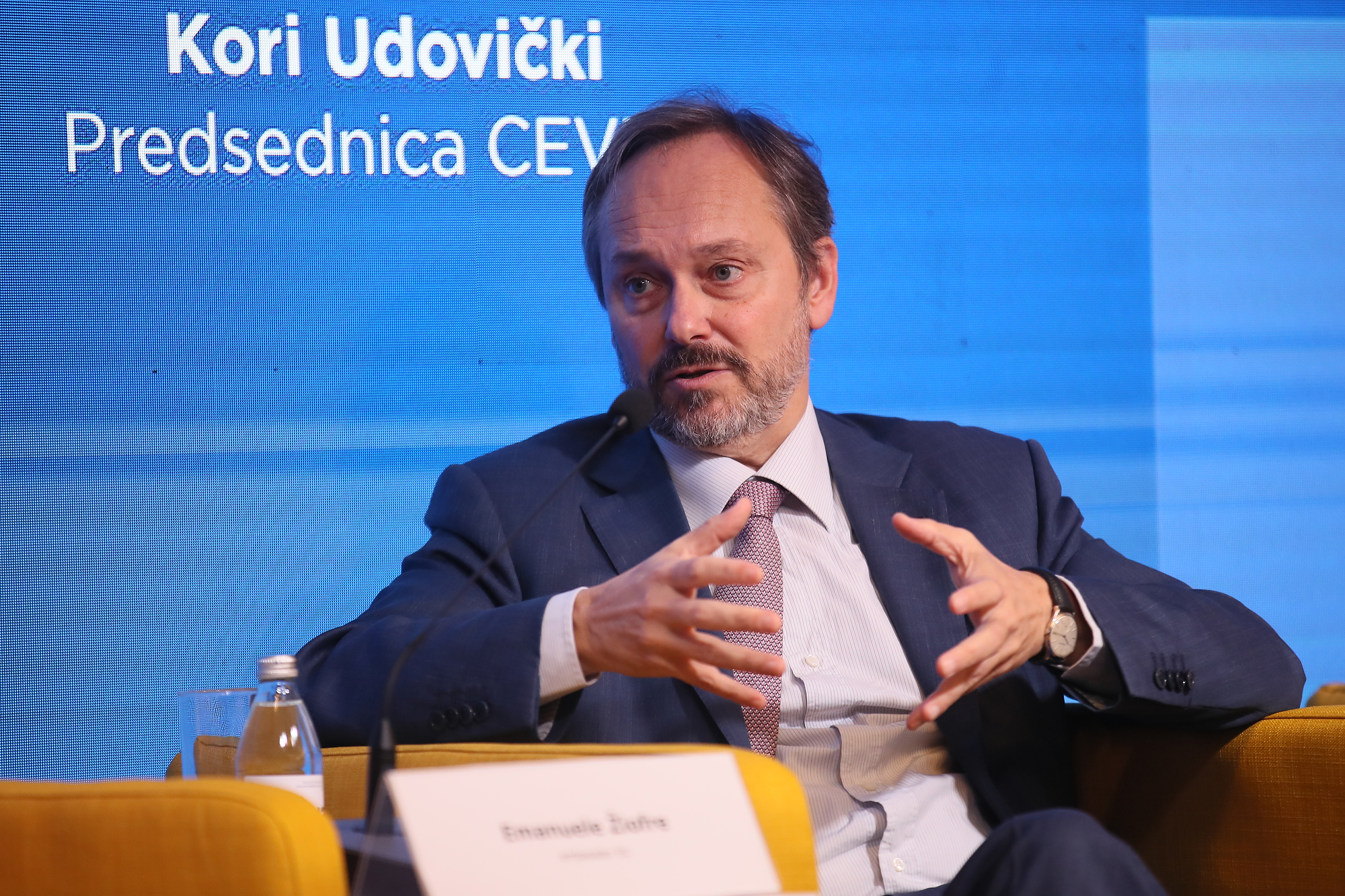
“Throughout the years, the EU has been a committed partner to Serbia, supporting the accession process, both politically and through various support programs, many of which will be presented this week. In addition to our ‘regular’ support to Serbia, through pre-accession funds, we now have the Growth Plan. The plan has three goals: to speed up Serbia’s accession through accelerated reforms, to provide some of the specific benefits of EU membership even before accession, and thirdly, to increase the amount of funding, so that it comes close to the amounts that member states receive through cohesion funds,” Ambassador Giaufret said.
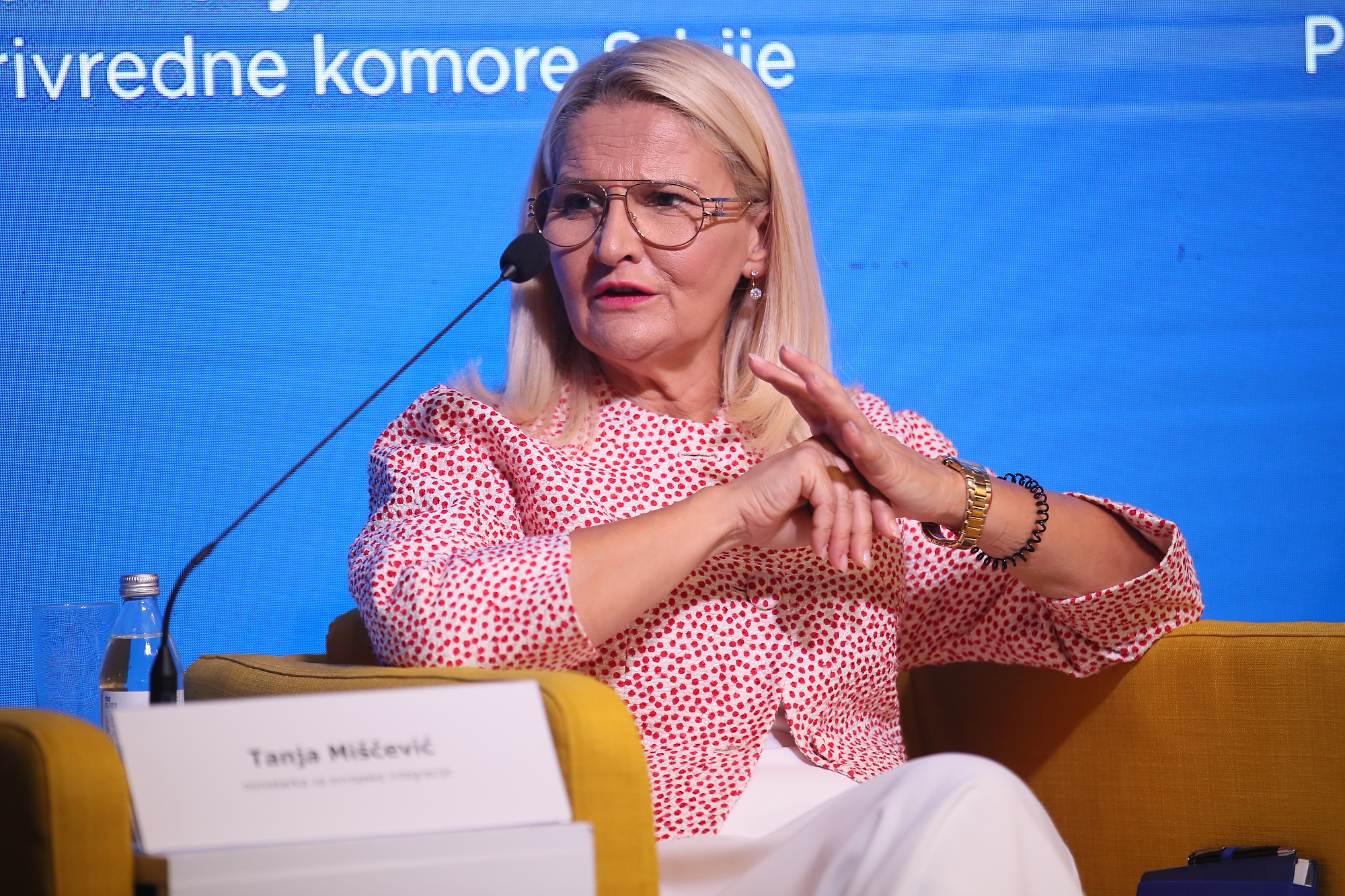
Minister Miščević said that the Growth Plan is good news for Serbia.
“After 20 years of harmonization with the EU, we are producing results. The Growth Plan is an opportunity to use the benefits that the members have even before the official membership,” she said, adding that the Growth Plan also accelerates the process of integration.
She mentioned some of the specific opportunities, which are payments in SEPA countries, which will be treated as domestic payments, then redaction of waiting and queues of trucks at the borders, networking of documents through the e-citizen system, i.e. – a digital single market.
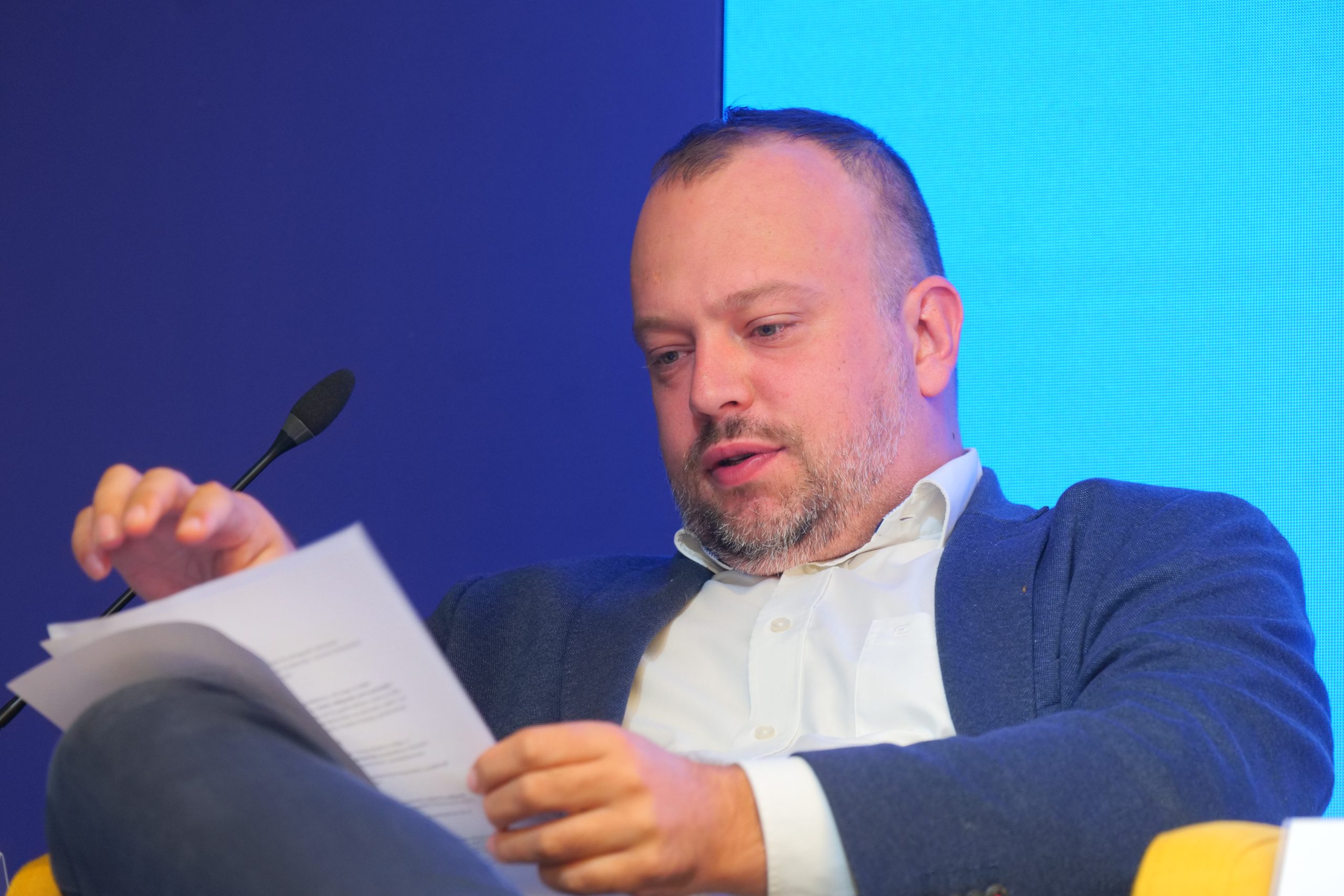
Igor Kronja said that the Serbian economy is mostly made up of small and medium-sized enterprises, meaning that these enterprises are crucial for the Serbian economy. He spoke about the importance of investing in domestic companies, and that it is necessary to promote opportunities for investors even more.
Kori Udovicki stated that small and medium-sized enterprises from Europe compete on the European market, which is why they have an incredible advantage over Serbian small and medium-sized enterprises.
“It will take time, but we will be a future member country of the European Union, I believe in that,” she said.
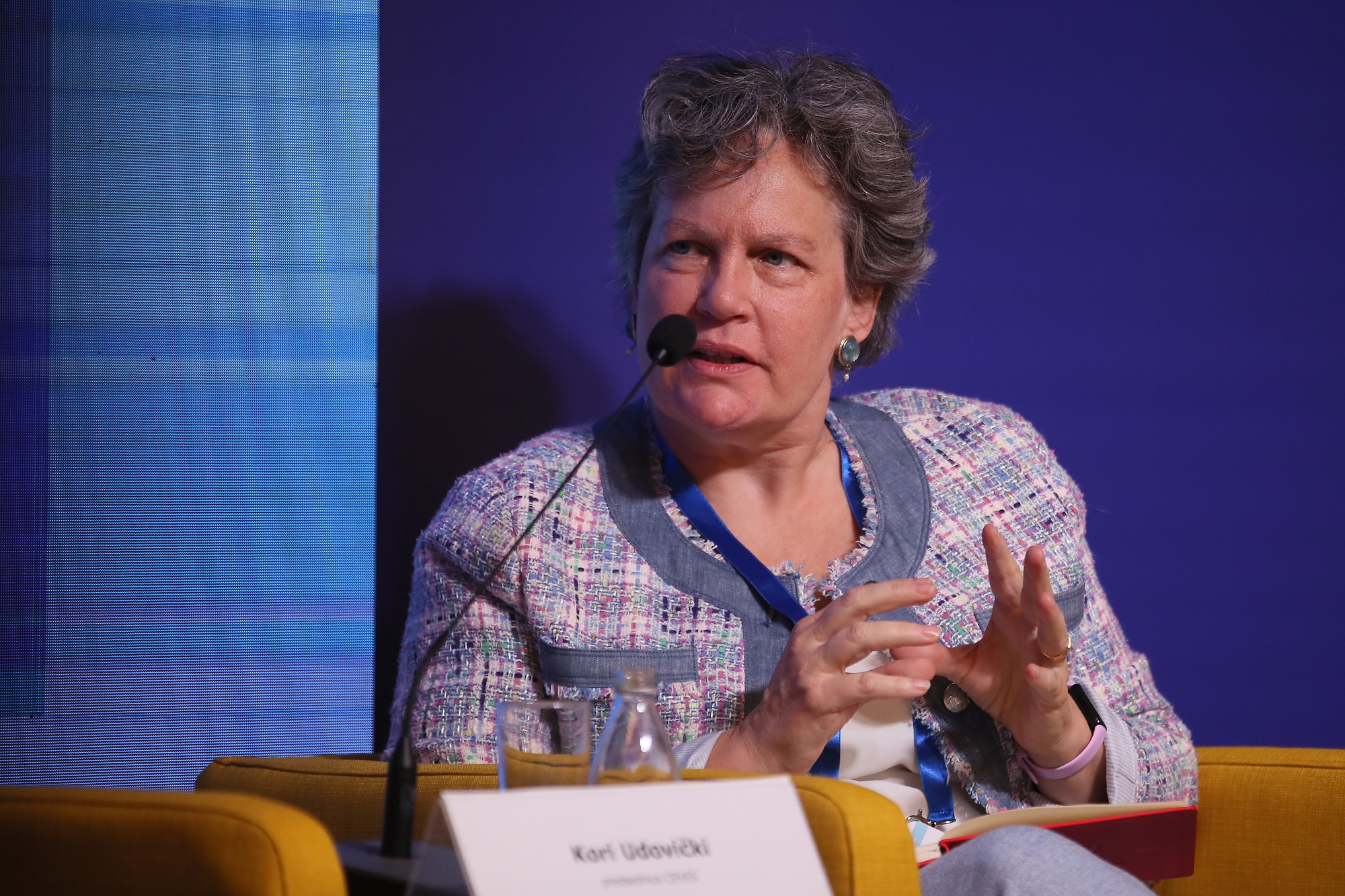
Previously, during the ceremonial opening, the subject of the Growth Plan was addressed by the Commissioner for Neighbourhood Policy and Enlargement – Oliver Varhelyi. In a video message, the Commissioner said that enlargement is one of the highest priorities on the political agenda of the European Union, and that the EU is working intensively to ensure that Serbia enjoys some advantages of EU membership even before full accession.
“The Growth Plan aims to boost socio-economic development and rapprochement of the region to the EU with the potential to double the economies of the Western Balkans in the next decade. At the same time, the Plan promotes economic integration within the region through a common regional market,” Varhelyi added.
The Commissioner concluded:
“Serbia’s place is in the European Union. The EU is fully committed to supporting Serbia on its path to modernization, growth and EU reforms. We are your partners on this journey and I am confident that together we will succeed. Please make the most of the EU Opportunity Week, so that we can progress on our common path!”
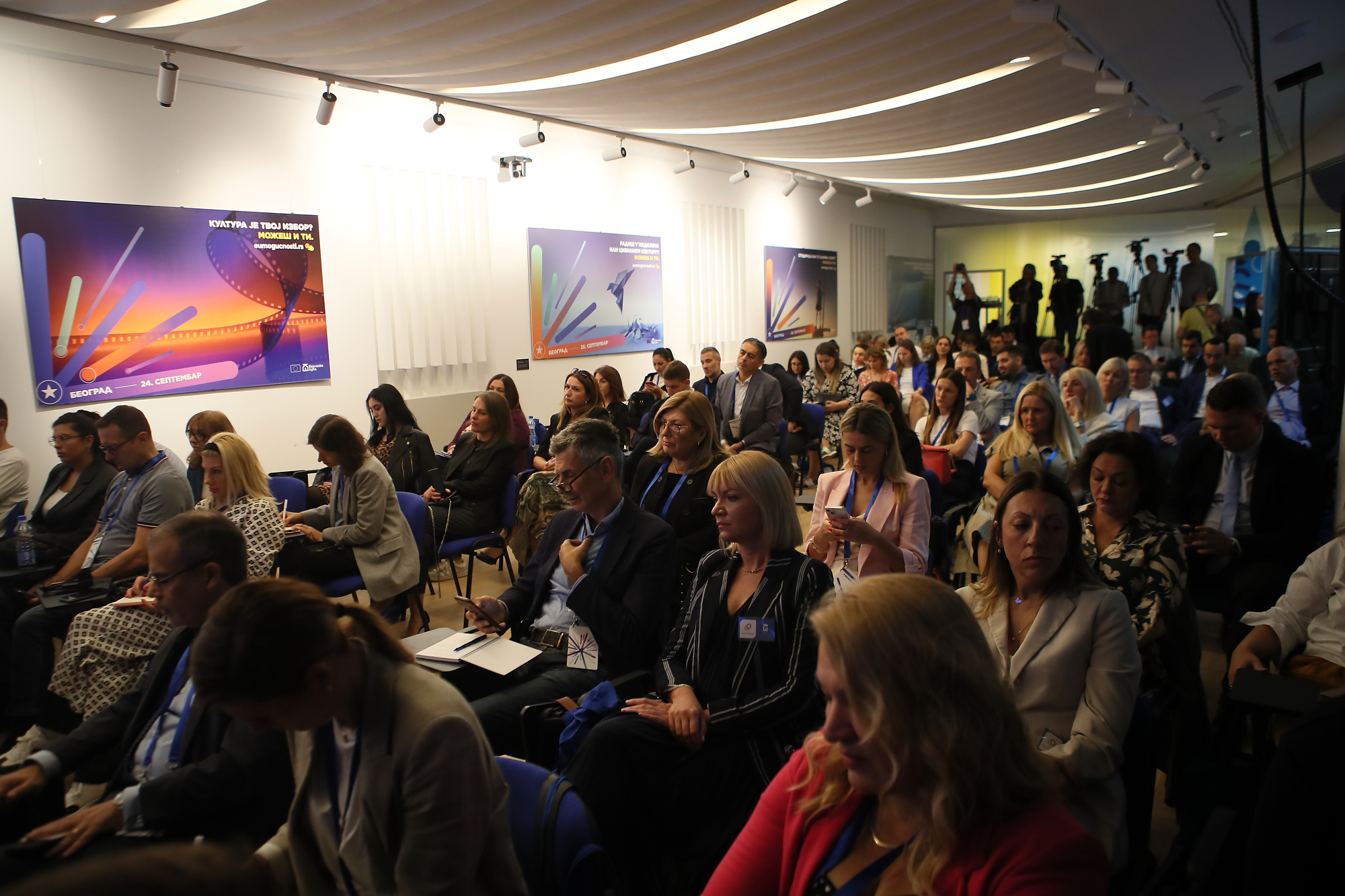
The European Opportunity Week, the second in a row, is being held this year from September 23 to 27. The first four days will cover the topics of business and innovation, culture, civil sector, media, education, youth and sports, local development, and the activities will take place in the European House Belgrade. On the last day, panels on local development, territorial cooperation and green transition, as well as formal ceremonies and networking – will take place in Niš, at the “Tami” Hotel. Find the detailed agenda and other details of the European Opportunity Week on the page: https://eumogucnosti.rs/evropska-nedelja-mogucnosti/
During this event, you will have the opportunity to hear all about the most important European programs, projects and funds that are available in Serbia. Opportunities are numerous and include public calls, grants, loans, youth opportunities, student exchanges, competitions, skills development and free training.


